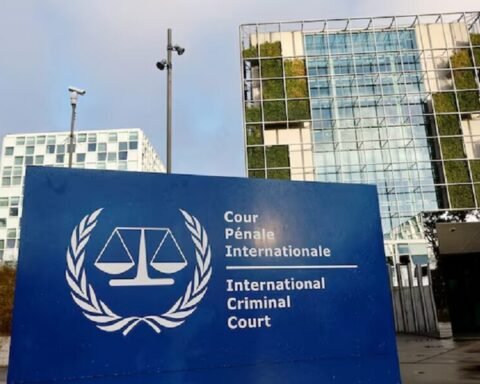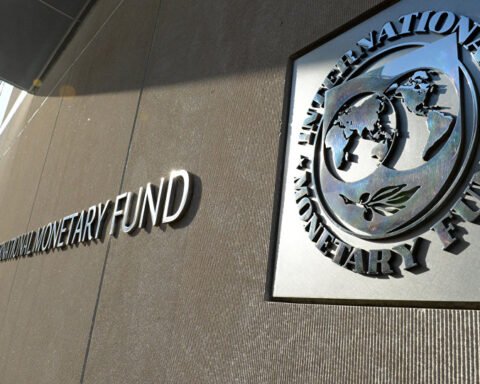As Tanzania enters the final stretch toward its upcoming 2025 General Election, Dar es Salaam Regional Commissioner Albert Chalamila is calling on faith leaders across the country to recognize the shared mission between religion and politics in preserving national peace and unity.
Addressing religious leaders on July 8, 2025, during a strategic engagement forum held in Dar es Salaam, Chalamila emphasized that religion and politics should not be viewed as competing forces but rather collaborative pillars of society.
“Before you speak on any issue, ask yourself: what does religion offer society? Then ask the same of politics. Think also about how each influences the other. Only then will you begin to see that their relationship is natural and necessary,” he told the gathering.
Chalamila challenged the often-repeated idea that politics and religion must be separated in democratic societies. He argued that people of faith and political leaders share moral responsibilities and serve the same citizens, just through different means.
“They can never be entirely separate,” Chalamila said. “It’s all about how we define the individuals involved—who carries the religious message and who wields political power. Often, the values overlap.”
His remarks resonate with historic and global perspectives, where religion has shaped politics from the Islamic governance models of the Middle East to Christian-led liberation movements in Latin America, and from Mahatma Gandhi’s philosophy in India to Desmond Tutu’s advocacy in South Africa’s fight against apartheid.
In Tanzania’s multi-religious society—predominantly split between Christianity and Islam—religious institutions have long played a stabilizing role in the country’s democracy. Faith leaders have historically worked alongside the government to resolve conflicts, educate the public, and promote ethical leadership.
Tanzania’s former president Julius Kambarage Nyerere, himself a devout Catholic, famously infused political governance with spiritual and moral principles, especially under the Ujamaa policy.
Today, institutions like BAKWATA (Baraza Kuu la Waislamu Tanzania) and the Tanzania Episcopal Conference continue to engage in peacebuilding, voter education, and interfaith dialogue.
Also Read; Tanzania Embarks on Nuclear Energy Future
With national polls scheduled for October 2025, Chalamila’s message was clear: religious leaders should help calm political temperatures and inspire citizens toward constructive participation. He encouraged the clergy to:
- Promote voter turnout through community education
- Reject political manipulation of religion or sectarianism
- Preach messages of unity, tolerance, and national identity
- Collaborate with civic bodies like the National Electoral Commission in awareness campaigns
- Uphold religious neutrality while guiding followers with wisdom and conscience
Internationally, the role of religion in governance remains a complex but enduring theme. In the United States, the idea of “separation of church and state” is a legal foundation, yet faith remains deeply embedded in political rhetoric and policymaking. In contrast, nations like Iran base their entire political system on religious law.
Scholars from institutions such as Harvard Divinity School and the London School of Economics continue to study the influence of religion on political behaviour, social cohesion, and conflict resolution.
Tanzania has built a reputation as one of Africa’s most stable nations, often lauded for its peaceful transitions of power, vibrant civil society, and commitment to dialogue. Much of that success stems from the moral authority of its faith leaders who—across differences in denomination or creed—have consistently chosen peace over division.
“We cannot talk about peace without talking to the pulpit,” Chalamila noted. “Just as we rely on policy, we must also rely on prayer.”
- Freedom of Religion in Tanzania – Wikipedia
- Political Religion – Global Concept
- Interfaith Dialogue in Africa – UNDP
- Tanzania’s National Peace Council – Official Site
- How Faith Influences Elections – Pew Research
Commissioner Chalamila’s message is both timely and timeless: in moments of political transition, Tanzanians must lean on both law and faith, on both ballots and blessings. As the 2025 election draws near, that spiritual and civic partnership may once again help steer the country toward peace, progress, and unity.







